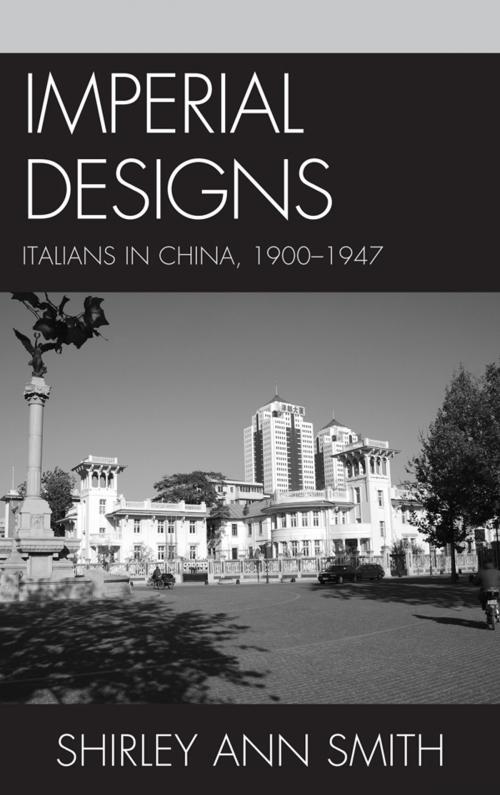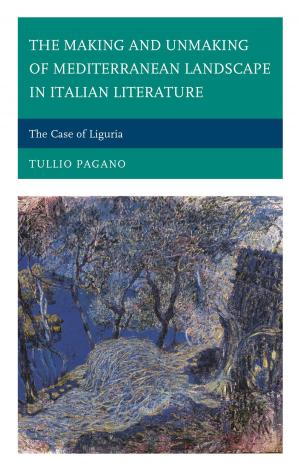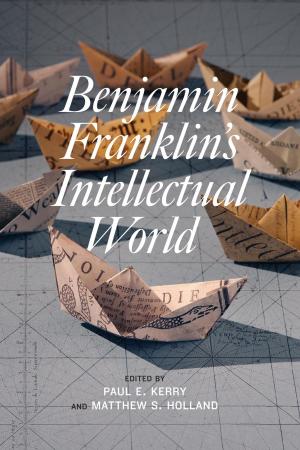Imperial Designs
Italians in China 1900–1947
Nonfiction, History, Italy, Asian, China, Modern, 20th Century| Author: | Shirley Ann Smith | ISBN: | 9781611475029 |
| Publisher: | Fairleigh Dickinson University Press | Publication: | March 8, 2012 |
| Imprint: | Fairleigh Dickinson University Press | Language: | English |
| Author: | Shirley Ann Smith |
| ISBN: | 9781611475029 |
| Publisher: | Fairleigh Dickinson University Press |
| Publication: | March 8, 2012 |
| Imprint: | Fairleigh Dickinson University Press |
| Language: | English |
Imperial Designs is the first text in English to deal comprehensively with the subject of the Italian colonial experience in China in the nineteenth and twentieth centuries. Recent scholarship on both the Liberal and Fascist Italian colonial enterprises centers on the Mediterranean and Northern Africa: expeditions, wars, ultimate occupation of territories, and their effect on Italy. This study looks at three Italian enclaves on the other side of the globe: Beijing, Tianjin, and Shanghai. These present both a window into the Italian experience in the Far East and confirmation of imperial policy. Their very presence confirms the rhetoric of conquest. Journalist Luigi Barzini, Sr.; diplomats Salvago Raggi, Varè, and Ciano; various military personnel; and other foreign nationals tell the story through letters and diaries. They all interact with the local metropolitan and rural poor and cultivate a generalized colonial white man’s detachment from their surroundings. A brief summary of the presence of chinoiserie in the Italian imaginary shows how the Celestial Empire has continued to function in the construction of Italian identity as part of the dichotomy between self and other.
Imperial Designs is the first text in English to deal comprehensively with the subject of the Italian colonial experience in China in the nineteenth and twentieth centuries. Recent scholarship on both the Liberal and Fascist Italian colonial enterprises centers on the Mediterranean and Northern Africa: expeditions, wars, ultimate occupation of territories, and their effect on Italy. This study looks at three Italian enclaves on the other side of the globe: Beijing, Tianjin, and Shanghai. These present both a window into the Italian experience in the Far East and confirmation of imperial policy. Their very presence confirms the rhetoric of conquest. Journalist Luigi Barzini, Sr.; diplomats Salvago Raggi, Varè, and Ciano; various military personnel; and other foreign nationals tell the story through letters and diaries. They all interact with the local metropolitan and rural poor and cultivate a generalized colonial white man’s detachment from their surroundings. A brief summary of the presence of chinoiserie in the Italian imaginary shows how the Celestial Empire has continued to function in the construction of Italian identity as part of the dichotomy between self and other.















